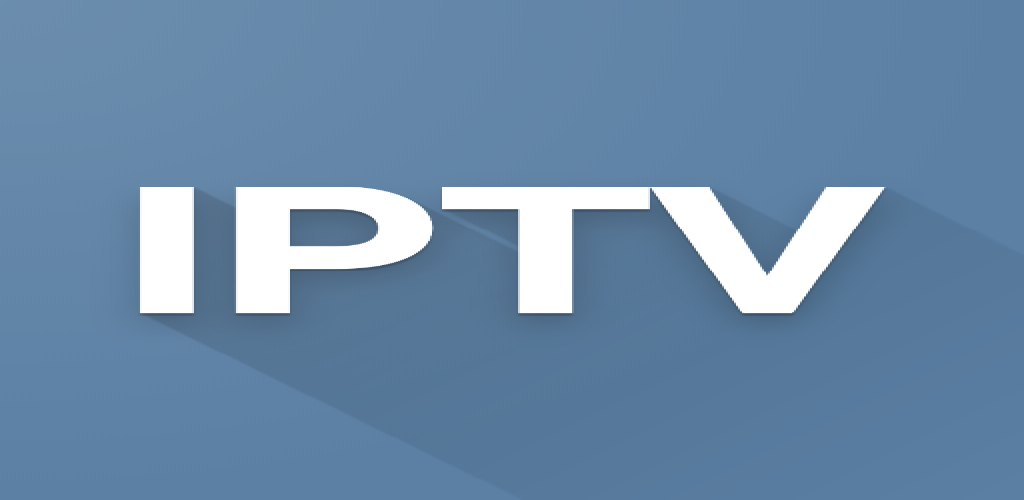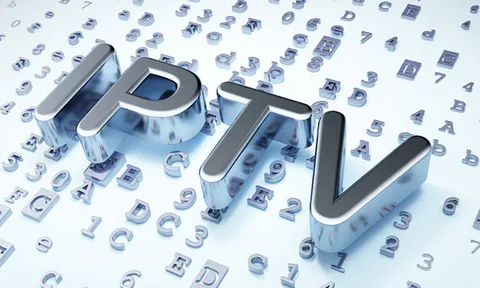IPTV keeps Buffering? Causes, Fixes, and Prevention Tips
Introduction to IPTV keeps buffering Overview of IPTV buffering issues IPTV keeps buffering and freezing are prevalent challenges that many users encounter while streaming their preferred content. These issues often arise due to inadequate internet speed, causing interruptions in the viewing experience. By understanding the primary factors leading to buffering and implementing suitable solutions, users can enhance their IPTV streaming sessions significantly. Impact of buffering on IPTV viewing experience Buffering manifests as pauses or temporary halts in video playback during IPTV streaming. This disruption can be frustrating for users as it hampers the seamless enjoyment of their content. To mitigate buffering problems, individuals should pay attention to their internet speed, ensure devices are updated, and opt for reliable service providers. These proactive measures can help minimize buffering occurrences and enhance the overall IPTV viewing experience. Common Causes of IPTV Buffering Internet speed and connection issues When experiencing IPTV buffering and freezing, one of the primary factors to consider is the internet speed and connection stability. For smooth streaming, it is recommended to have a minimum internet speed of 7-10 MBPS for downloads and 1-3 MBPS for uploads. If the internet speed is below these thresholds, it can result in slow channel loading and constant buffering interruptions. Server overload and stream quality Another crucial aspect that can lead to IPTV buffering is server overload and stream quality. Suppliers often conduct tests on their servers and may adjust channel allocations to optimize performance. When servers are overwhelmed with requests or if the stream quality is compromised, it can result in freezing and buffering issues for users. Hence, ensuring that the servers are well-maintained and that stream quality is consistently high can help mitigate these problems. Tips to Reduce IPTV Buffering Check and improve internet speed When facing IPTV buffering, it is essential to ensure that the internet speed meets the recommended requirements for smooth streaming. A minimum speed of 7-10 MBPS for downloads and 1-3 MBPS for uploads is ideal for uninterrupted viewing experience. By verifying and enhancing the internet speed, users can minimize buffering interruptions and entertainment seamless live TV streaming. Adjust streaming quality settings Another effective way to mitigate IPTV buffering is by adjusting the streaming quality settings. Lowering the video resolution can reduce the data bandwidth required for streaming, thereby reducing the likelihood of buffering. Users can manually adjust the quality settings on their IPTV service to match the available internet speed, promoting smoother playback and minimizing interruptions during live TV viewing. Tools for Preventing IPTV Buffering Use of VPN for optimized streaming To tackle IPTV buffering issues, one can consider utilizing a Virtual Private Network (VPN) to enhance streaming performance. By connecting to a VPN server located in regions like the Netherlands or Los Angeles, users may experience improved speed and stability. VPNs can help bypass geographical restrictions and optimize network routes, thereby reducing buffering interruptions during live TV streaming. Installation of buffering prevention software In addition to VPNs, installing specialized buffering prevention software on the streaming device can also aid in minimizing IPTV buffering. These tools are designed to optimize network settings, prioritize streaming traffic, and manage bandwidth efficiently. By utilizing such software, users can enhance the overall streaming experience and mitigate common buffering issues often associated with IPTV services. With a holistic approach that combines both VPN utilization and buffering prevention software installation, users can proactively address IPTV buffering concerns and enjoy uninterrupted live TV viewing experiences. By optimizing network connections and stream quality, individuals can ensure smooth and reliable IPTV streaming sessions without the frustration of constant buffering interruptions. How to Fix IPTV Buffering Issues Resetting modem and router To address IPTV buffering problems, users can try resetting their modem and router. Sometimes, network congestion or temporary glitches in the equipment can lead to buffering during IPTV streaming. By power cycling the modem and router, users can refresh the network connection and resolve any underlying issues that may be causing buffering interruptions. This simple step can often improve streaming performance and enhance the overall viewing experience. Clearing cache and cookies Another effective technique to troubleshoot IPTV buffering is to clear the cache and cookies on the streaming device. Over time, accumulated data in the device’s cache can impact streaming performance and lead to buffering issues. By clearing the cache and cookies, users can free up storage space and remove any unnecessary data that might be hindering the smooth delivery of IPTV content. This can help streamline the streaming process and reduce the occurrence of buffering during live TV viewing. By employing these straightforward solutions such as resetting the modem and router, and clearing the cache and cookies on the device, users can effectively tackle IPTV buffering problems and optimize their streaming experience. Taking these proactive measures can lead to smoother and uninterrupted IPTV streaming sessions, ensuring that users can enjoy their favorite content without the frustration of buffering interruptions. Preventive Measures for IPTV Buffering Regularly update streaming apps and devices To ensure a smooth IPTV streaming experience, it is essential to regularly update both streaming applications and devices. Firmware updates, software patches, and app upgrades often include bug fixes and performance enhancements that can contribute to minimizing buffering issues. By staying up to date with the latest versions of streaming apps and device software, users can optimize their IPTV viewing experience and reduce the likelihood of interruptions. Limiting the number of connected devices Another effective way to prevent IPTV buffering is by limiting the number of devices connected to the network during streaming sessions. High network traffic caused by multiple connected devices can lead to bandwidth congestion, resulting in buffering and playback issues. By prioritizing the streaming device or using Quality of Service (QoS) settings to allocate sufficient bandwidth for IPTV content, users can improve streaming stability and reduce the impact of network congestion on their viewing experience. By following these preventive measures, users can significantly reduce the occurrence of IPTV buffering and enjoy uninterrupted streaming sessions. Keeping streaming apps and devices updated ensures
IPTV keeps Buffering? Causes, Fixes, and Prevention Tips Read More »


